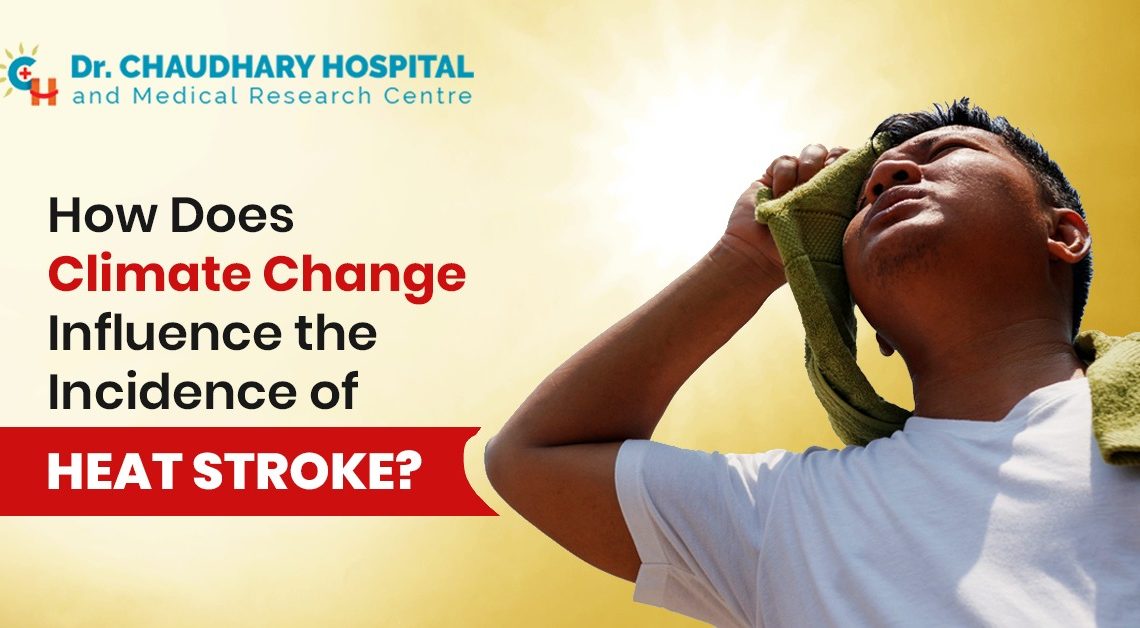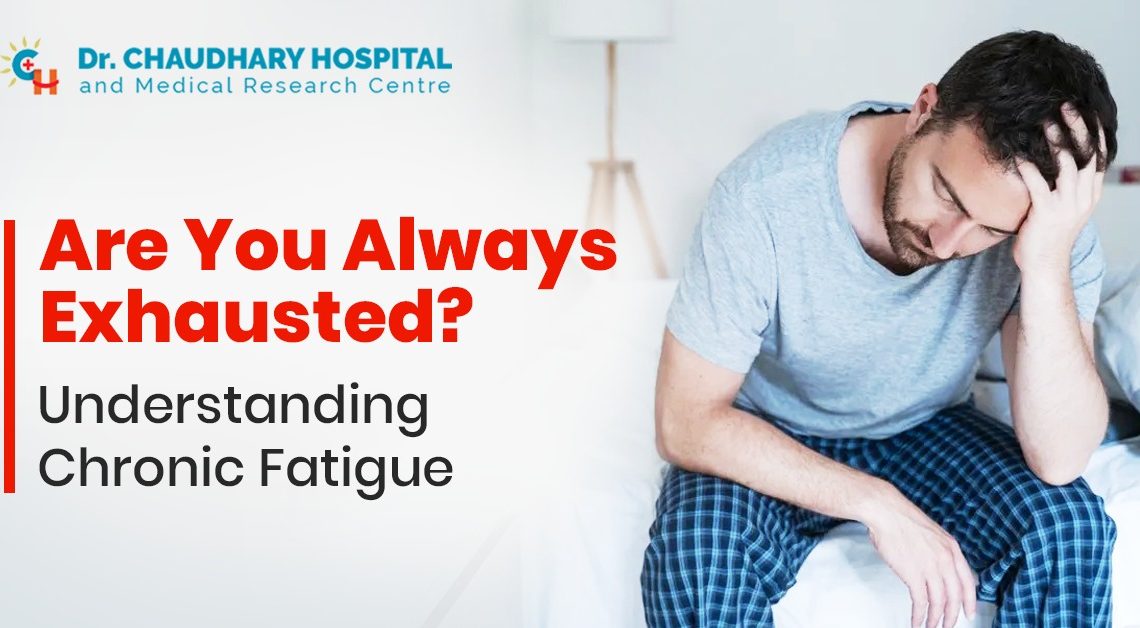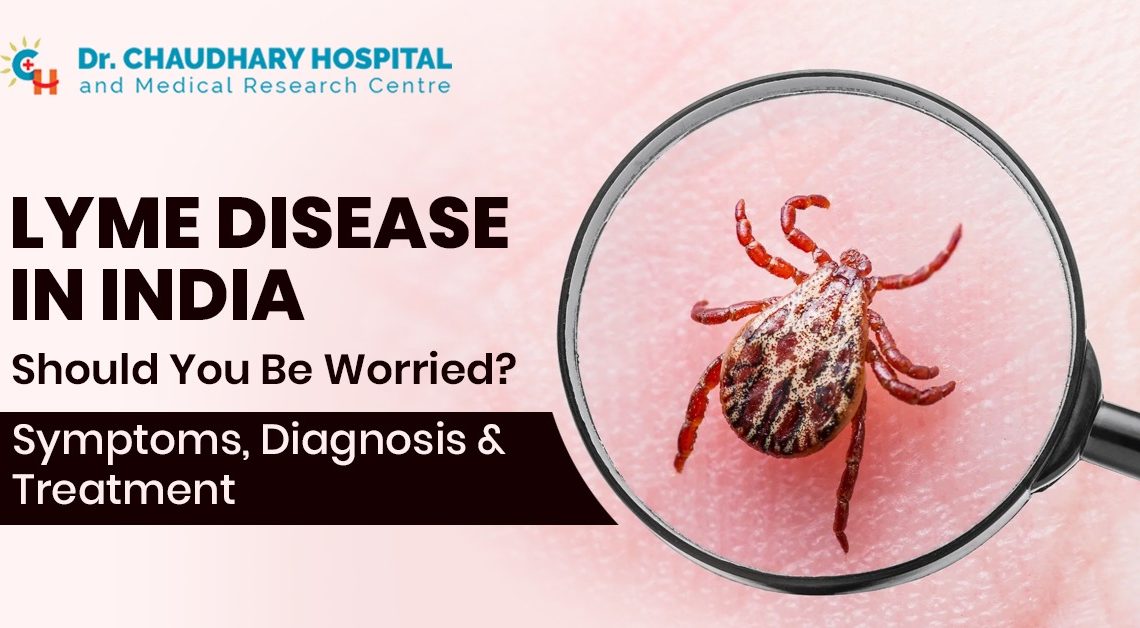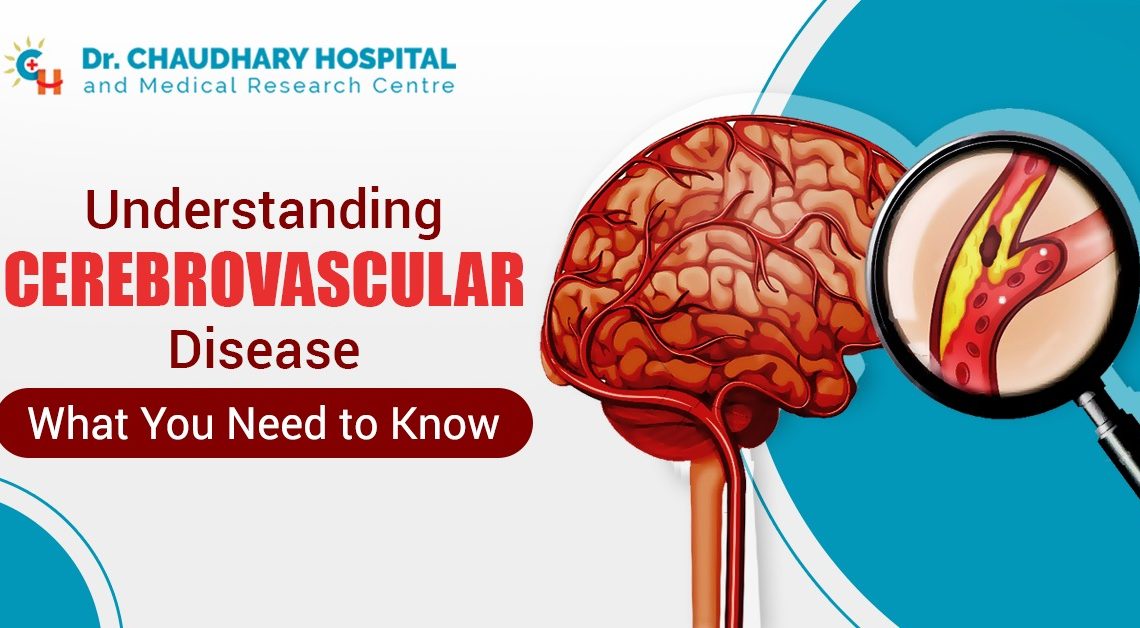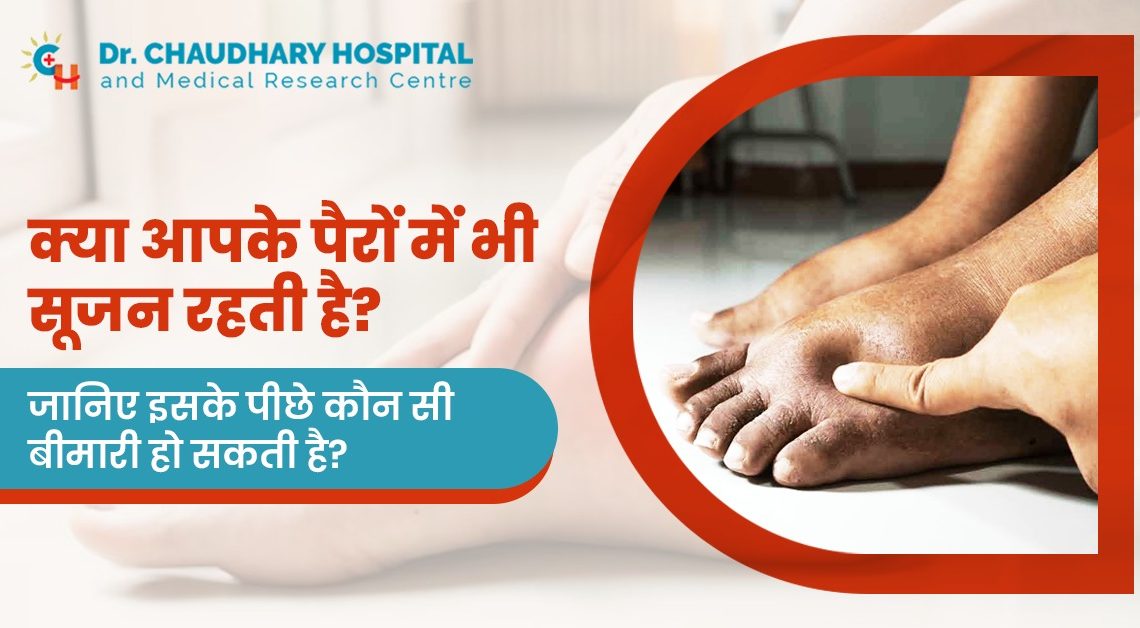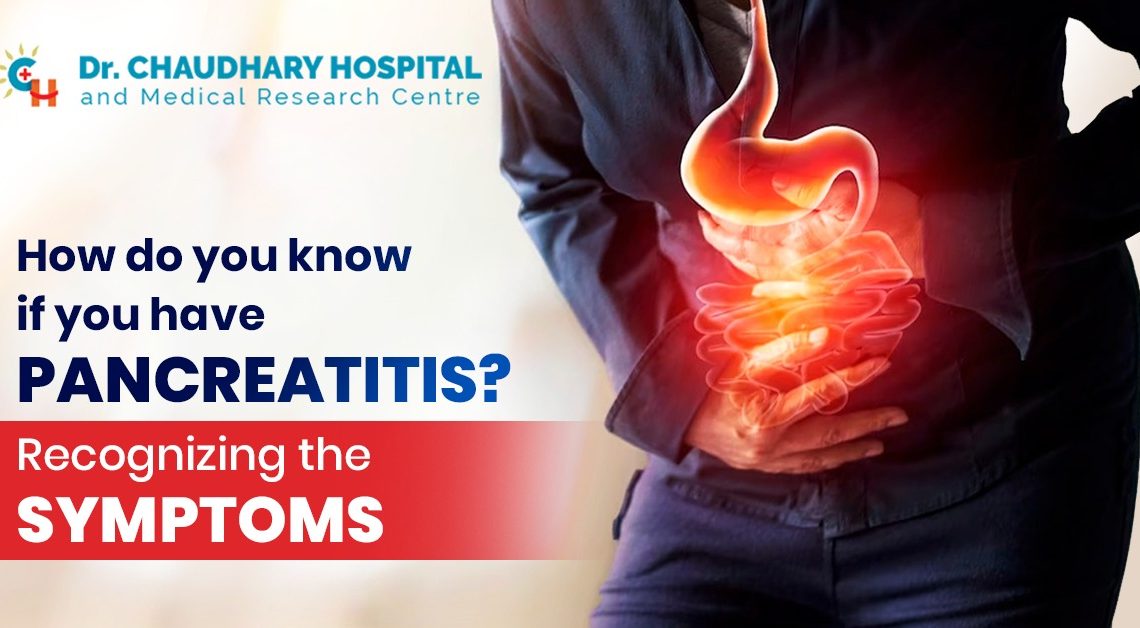In recent years, the discussion surrounding climate change has extended far beyond its environmental changes. While the environmental changes and consequences remain pervasive, one significant consequence of climate change is the increased incidence of heat-related illnesses, such as heat stroke.
In this blog, we will explore how climate change impacts heat-related illnesses such as heat stroke.
What is a Heat Stroke?
The most dangerous heat-related condition is heat stroke. It happens when the body loses the ability to regulate its temperature, causing the body to heat up quickly, stop sweating, and become unable to cool down. The body temperature might increase to 106°F or more in 10 to 15 minutes when heat stroke strikes. If emergency care is not received, heat stroke can result in death or lifelong disability. With climate change driving up global temperatures and intensifying heatwaves, the risk of heatstroke has become more pronounced.
What are the Symptoms of Heat Stroke?
Symptoms of heat stroke include:
- Confusion, altered mental status, slurred speech
- Loss of consciousness (coma)
- Hot, dry skin or profuse sweating
- Seizures
- Very high body temperature
- Fatal if treatment is delayed
Factors Influencing a Heat Stroke
Increased Frequency and Intensity of Heatwaves:
One of the most direct ways in which climate change influences heat stroke incidence is through the escalation of heat waves. As greenhouse gas emissions continue to rise, so too does the frequency and intensity of heatwaves worldwide. These prolonged periods of extreme heat overwhelm the body’s ability to regulate its internal temperature, increasing the likelihood of heat-related illnesses, including heatstroke.
Urban Heat Effect:
Urban areas are particularly susceptible to the impacts of climate change due to the phenomenon known as the urban heat island effect. As concrete jungles absorb and retain heat, urban environments experience even higher temperatures during heatwaves, exacerbating the risk of heatstroke among city dwellers.
Humidity Levels in a Region
Climate change not only alters temperature patterns but also affects humidity levels. High humidity levels cause difficulty in the body’s ability to dissipate heat through sweating, heightening the risk of heat-related illnesses like heatstroke, especially in regions experiencing both high temperatures and humidity.
Population Impacts:
Certain demographics, including the elderly, young children, individuals with pre-existing health conditions, and those with limited access to cooling resources, are more vulnerable to heat-related illnesses. Climate change increases this problem, as these populations may lack the resources or physiological resilience to cope with extreme heat, increasing their susceptibility to heatstroke.
Behavioral Factors:
Climate change can also influence human behavior in ways that impact heat stroke incidence. For instance, during heatwaves, people may do more outdoor activities without adequate precautions, such as staying hydrated or seeking shade, thereby increasing their risk of heat-related illnesses, including heatstroke.
Geographic Distribution:
As climate change alters temperature patterns and weather systems, it can lead to shifts in the geographic distribution of heatwaves. Regions that were once relatively cool may experience more frequent and intense heat waves, exposing populations unaccustomed to extreme heat to higher risks of heatstroke.
When to Seek Medical Help?
If you believe someone might be suffering from heatstroke, get them to the hospital right away. While you wait for emergency medical attention, take quick steps to cool the person who has become hot.
- Bring the person inside or into the shade.
- Take off any extra clothing.
- Use whatever method is available to cool the individual down: apply ice packs or cold, wet cloths on the person’s head, neck, armpits, and groin;
- Use a garden hose to spray; sponge with cool water; or use a fan to mist with cool water.
How to Prevent a Heat Stroke?
Preventing heat stroke involves taking proactive measures to avoid excessive heat exposure and to help the body regulate its temperature effectively, especially during periods of intense heat. Here are some essential tips to prevent heatstroke:
- Stay Hydrated – Drink plenty of water
- Dress Appropriately – Wear lightweight, loose-fitting, and light-colored clothing to help your body breathe and reflect sunlight.
- Stay Cool – Spend time in air-conditioned or well-ventilated spaces during the hottest parts of the day.
- Limit Outdoor Activities – Try to schedule outdoor activities during the cooler hours of the day, such as early morning or late evening.
- Take Precautions During Exercise – If you’re engaging in physical activity, especially outdoors, take extra precautions. Drink plenty of fluids before, during, and after exercise, and take frequent breaks in the shade to rest and cool down.
- Know the Signs – Familiarize yourself with the symptoms of heat-related illnesses, including heat exhaustion and heatstroke. Symptoms of heatstroke include high body temperature (above 103°F/39.4°C), hot, red, dry or damp skin, rapid pulse, headache, dizziness, nausea, confusion, and loss of consciousness.
Conclusion
By staying informed about the risks associated with excessive heat and taking appropriate precautions, individuals can safeguard their health and well-being, particularly during periods of intense heat. By prioritizing heat safety and taking proper precautions, we can reduce the incidence of heatstroke and ensure a healthier lifestyle

